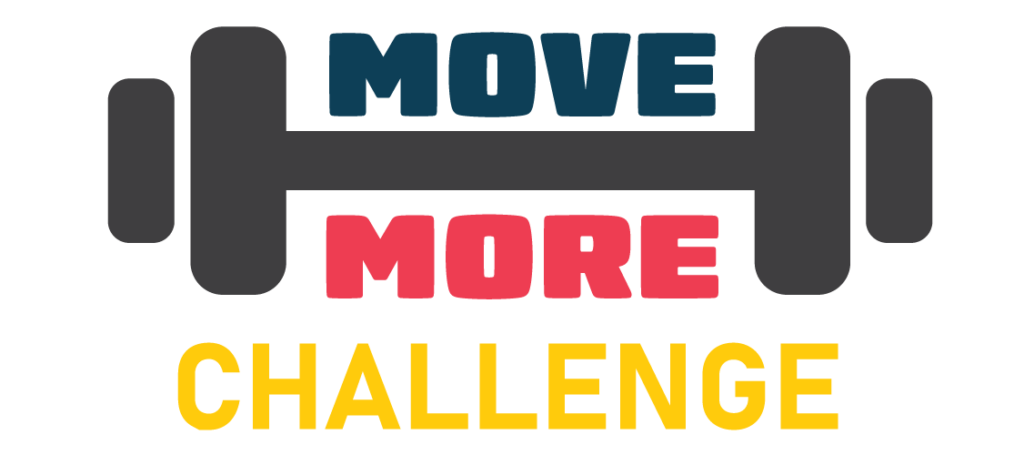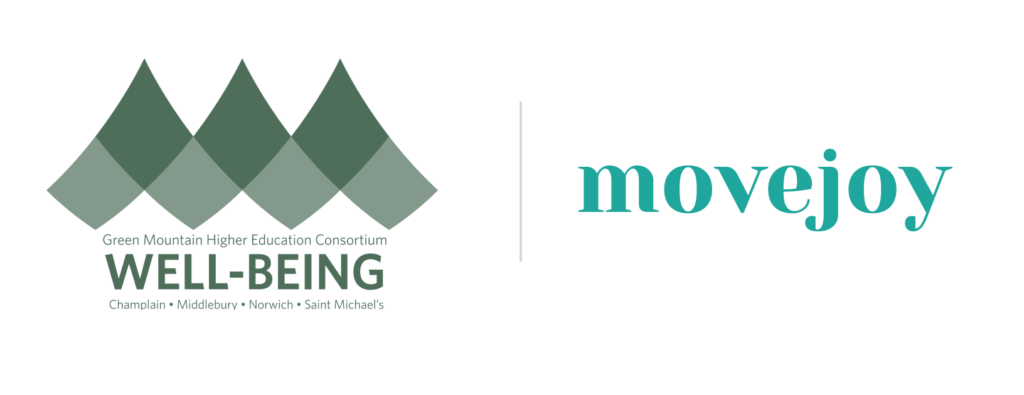We’ve all heard the old adage that “an ounce of prevention is worth a pound of cure” (Benjamin Franklin). When it comes to our health, and specifically heart health, this quote could not be more applicable. While genetics certainly play a role in the health of our hearts, our lifestyle and preventive care behaviors also play a significant role. Since February is American Heart Month let’s talk about some things we may be able to do to keep our hearts healthy.
Continue reading Celebrate Heart Month by Investing in YourselfAll posts by Rebecca Schubert
Have Fun and Get Active
Activity challenges are a great way to support you to be happier, healthier, and more energized by recognizing the benefits of every day activity. The Move More challenge is open from January 25th through March 7th. Earn points by engaging in the activities that you enjoy most. Set a goal to increase your activity or compete against your colleagues. This event is open to all employees and family members. All participates will be entered into a raffle for prizes including $100 gift cards. Join with the organization GMHEC, register as a GMHEC employee, create or join a team or participate as an individual. Click here to learn more and here to register.

Prioritize Your Well-being!
GMHEC is proud to announce the launch of a new wellness program – Movejoy!
Movejoy has created a wellness check-in program for employees of our member colleges and registration is open now. Movejoy matches employees from our member institutions based around compatible schedules and wellness goals. Together the matched pairs help one another stay accountable to a wellness goal/action for the duration of the program. This program is open to all employees and is a great way to connect with someone new and support one another.
The program will run from Monday, February 6th to Friday March 31st and we are asking everyone to sign up by Sunday, January 29th. Click here to visit the GMHEC sign up page

.
Take small steps
November is National Diabetes Month so it’s the perfect time to talk about prediabetes. Prediabetes is a serious health condition affecting more than 88 million Americans, most of whom don’t even know they have it. Prediabetes puts you at an increased risk for developing type 2 diabetes. In fact, people who have prediabetes have a 50% chance of developing diabetes over the next 5 to 10 years. The good news though is that by making small lifestyle changes, it is possible to manage or reverse prediabetes and prevent it from turning into type 2 diabetes.
Continue reading Take small stepsCelebrate National Parks and Recreation Month!
Summer in Vermont…. bluebird skies, vibrant greens of the trees and meadows, flowers blooming in their bright, stunning hues, the beautiful sound of birds singing, the shimmering crystal blue waters of our lakes and streams…Vermont has it all. Not only is the environment stunningly beautiful and awe inspiring but it’s also good for us.
Continue reading Celebrate National Parks and Recreation Month!An ounce of prevention….
We’ve all heard the old saying that “an ounce of prevention is worth a pound of cure.” The phrase was coined back in 1736 by Benjamin Franklin to remind the people of Philadelphia to be vigilant about fire awareness and prevention. Regardless of the issue we are referring to, prevention is always easier that managing challenges after they have occurred. When it comes to our health and well-being, this adage most definitely rings true.
Continue reading An ounce of prevention….Don’t Let Stress Stress You Out
Stress …. Just thinking about it causes our body to tighten, our heart to beat faster and our breathing to become shallower. April is stress awareness month so it is the perfect time to talk about stress and identify strategies and resources we can use to manage it.
Continue reading Don’t Let Stress Stress You OutFuel Your Life Nutrition Challenge
March is National Nutrition Monday and there is no better way to celebrate and have some fun than with a nutrition challenge. The Fuel Your Life Challenge is a self-administered 4-week nutrition challenge designed to support participants to improve their eating habits. It will run from Monday, March 7th through Friday, April 1st. Each week of the challenge is focused on a different goal:
- Week 1 – Making a small change to improve an eating habit
- Week 2 – Upgrading lunch to be healthier
- Week 3 – Cutting down consumption of sugar-sweetened beverages
- Week 4 – Planning and preparing meals
When it comes to heart health, keep it simple
Rarely do we think about our heart and the incredible job that it does to keep us alive. Since February is American Heart Month there is no better time to think about our heart and consider what we might do to keep it strong and healthy. The heart is the hardest working muscle in our body and is responsible for delivering oxygen to every cell in our body (except the cornea). Our heart works tirelessly every second of every day of our lives and it never gets a break. Consuming a healthy diet, engaging in regular physical activity, avoiding tobacco and reducing stress are essential to keeping our heart in top shape and essential to helping our heart keep up with its tremendous demands.
Continue reading When it comes to heart health, keep it simpleSix Ways to Stay Safe and Enjoy Yourself This Holiday Season
Turn on the radio or television or log in to your social media accounts and you’ll likely see messages about the holidays being “the most wonderful time of the year”. While that may be the case for many of us, we may also find this time of year to be one of the most stressful. We’re feeling the pinch of having to wrap up year-end projects at work. We’re overwhelmed with our finances and the supply chain crisis and how this will impact our holiday shopping. We’ve been indulging in holiday goodies and our waistbands are feeling a too tight for comfort. On top of all of that we’ve got Covid and the worry about new variants and how this will impact us and our loved ones. Despite these challenges, it is possible to enjoy the holidays and do it safely. Here are five strategies to help you stay safe and well this holiday season.
Continue reading Six Ways to Stay Safe and Enjoy Yourself This Holiday Season

